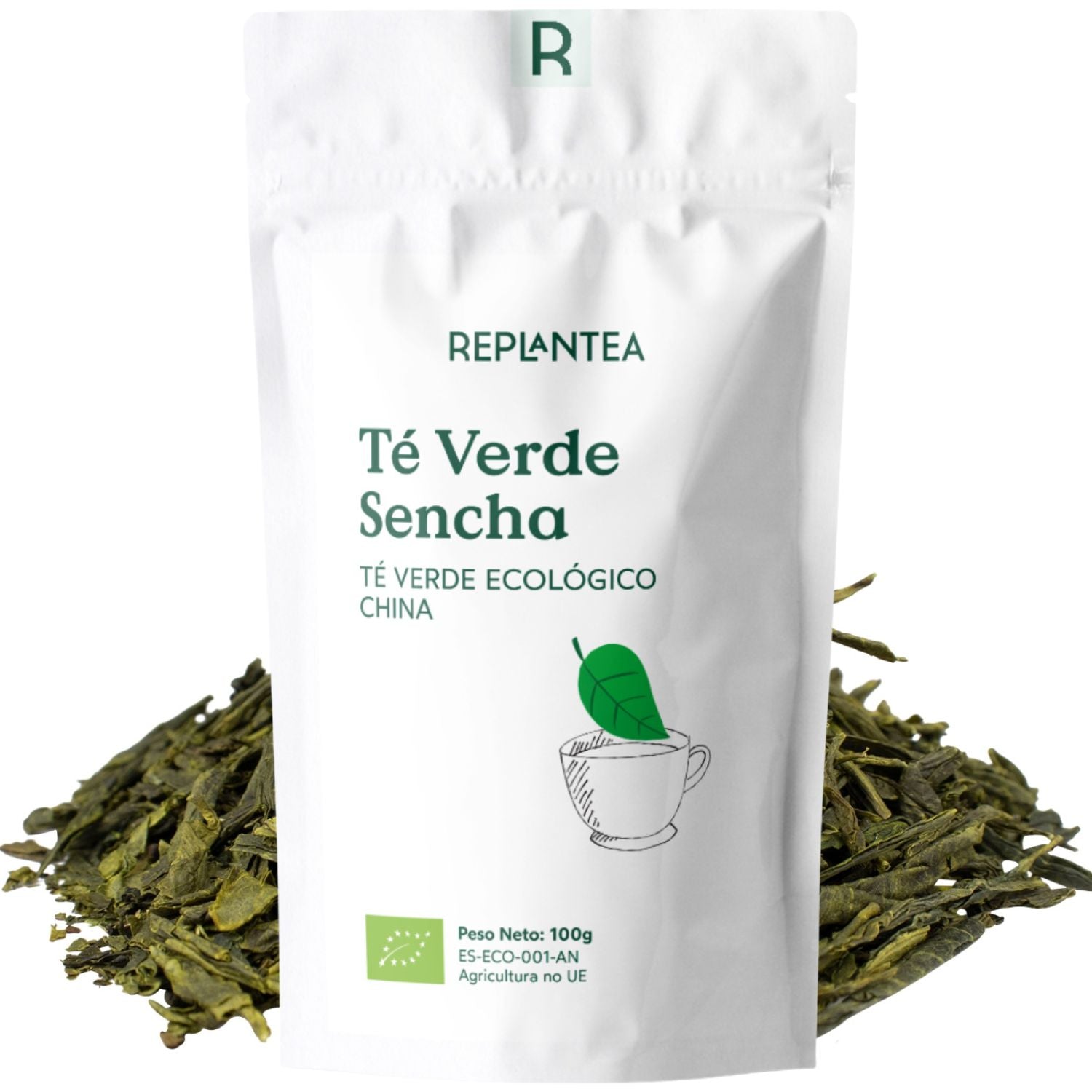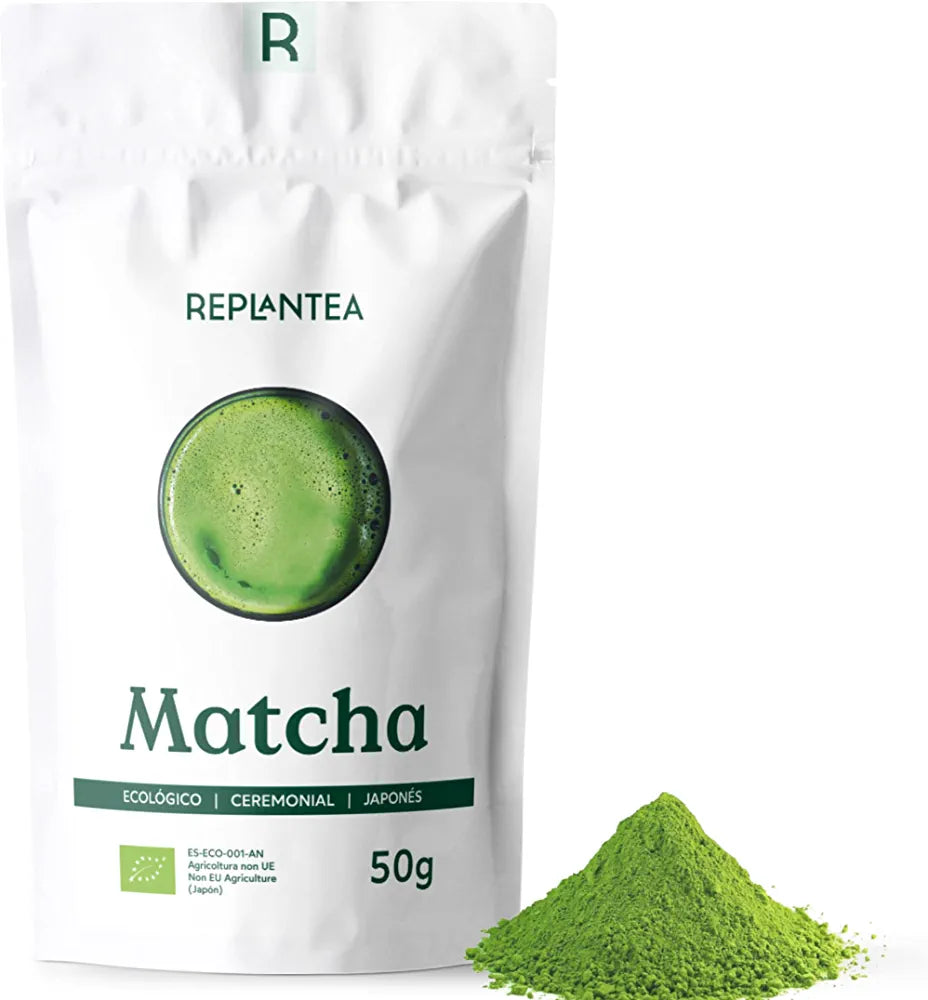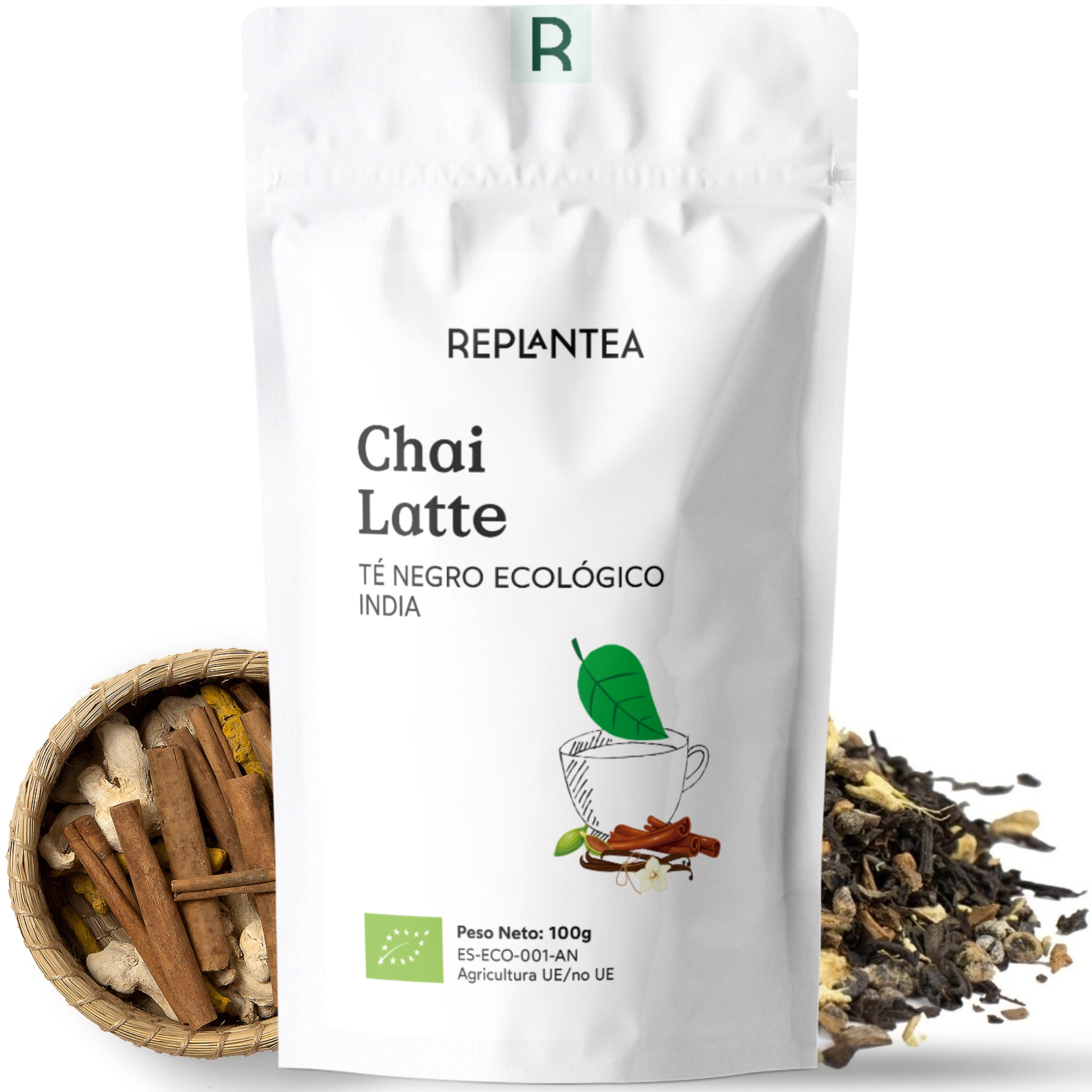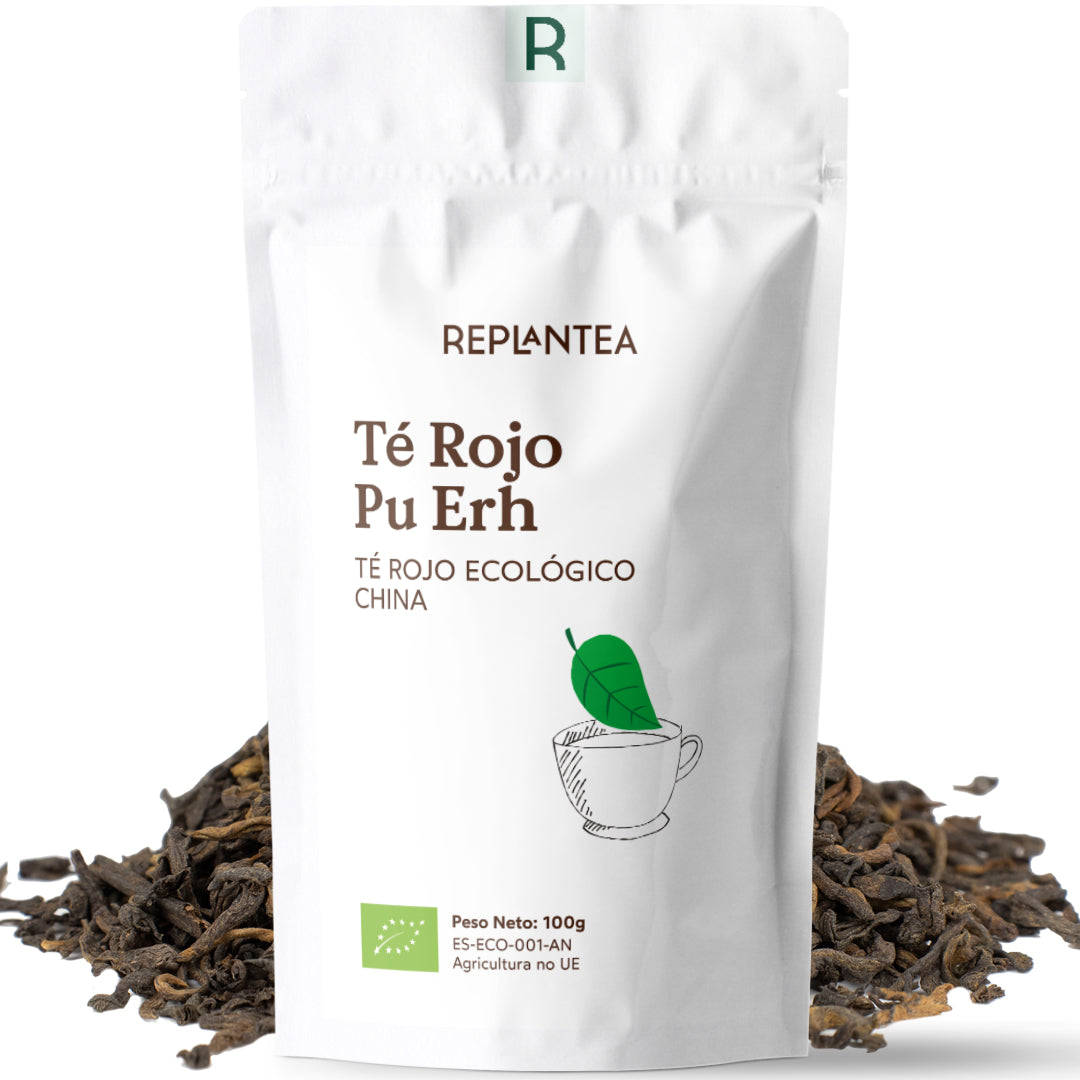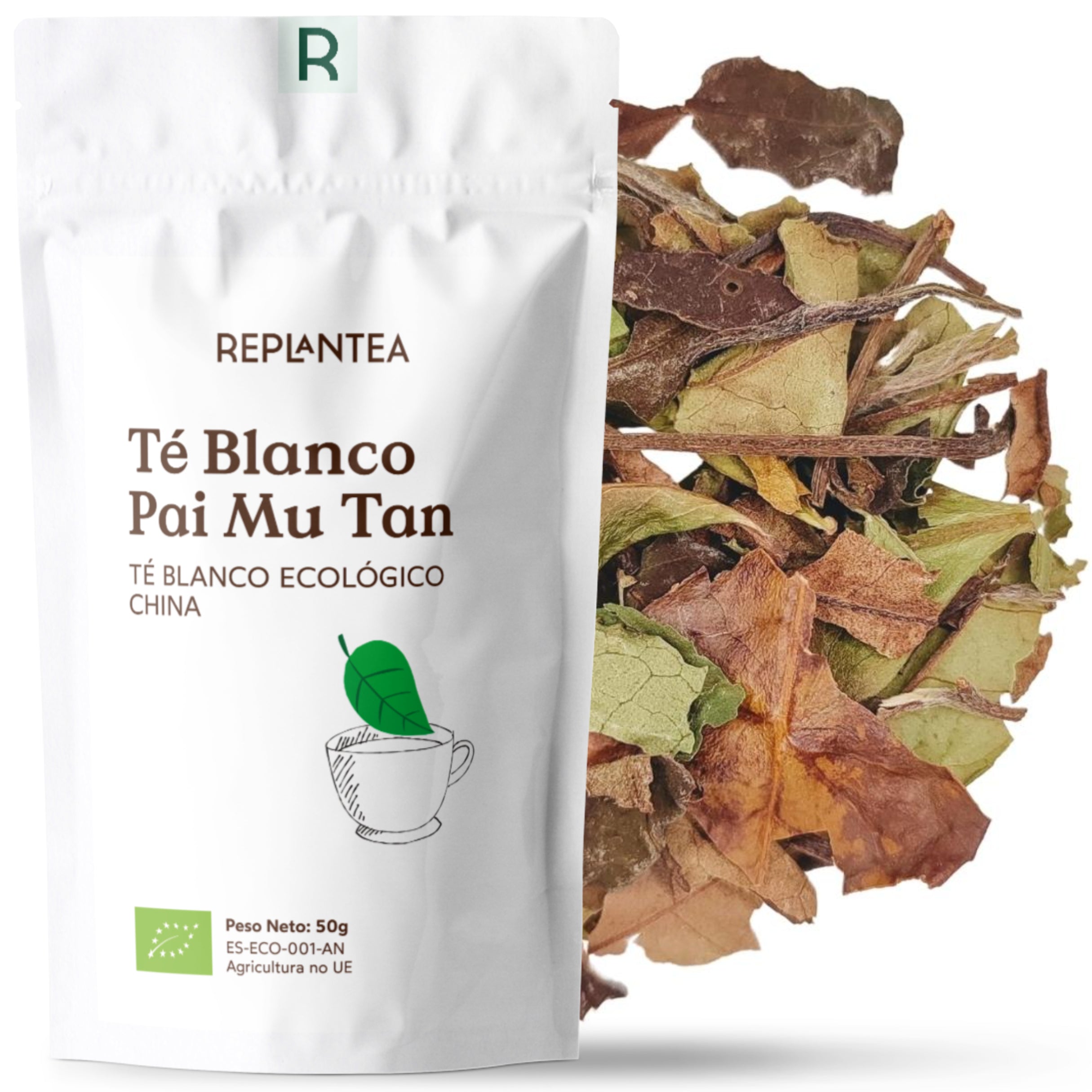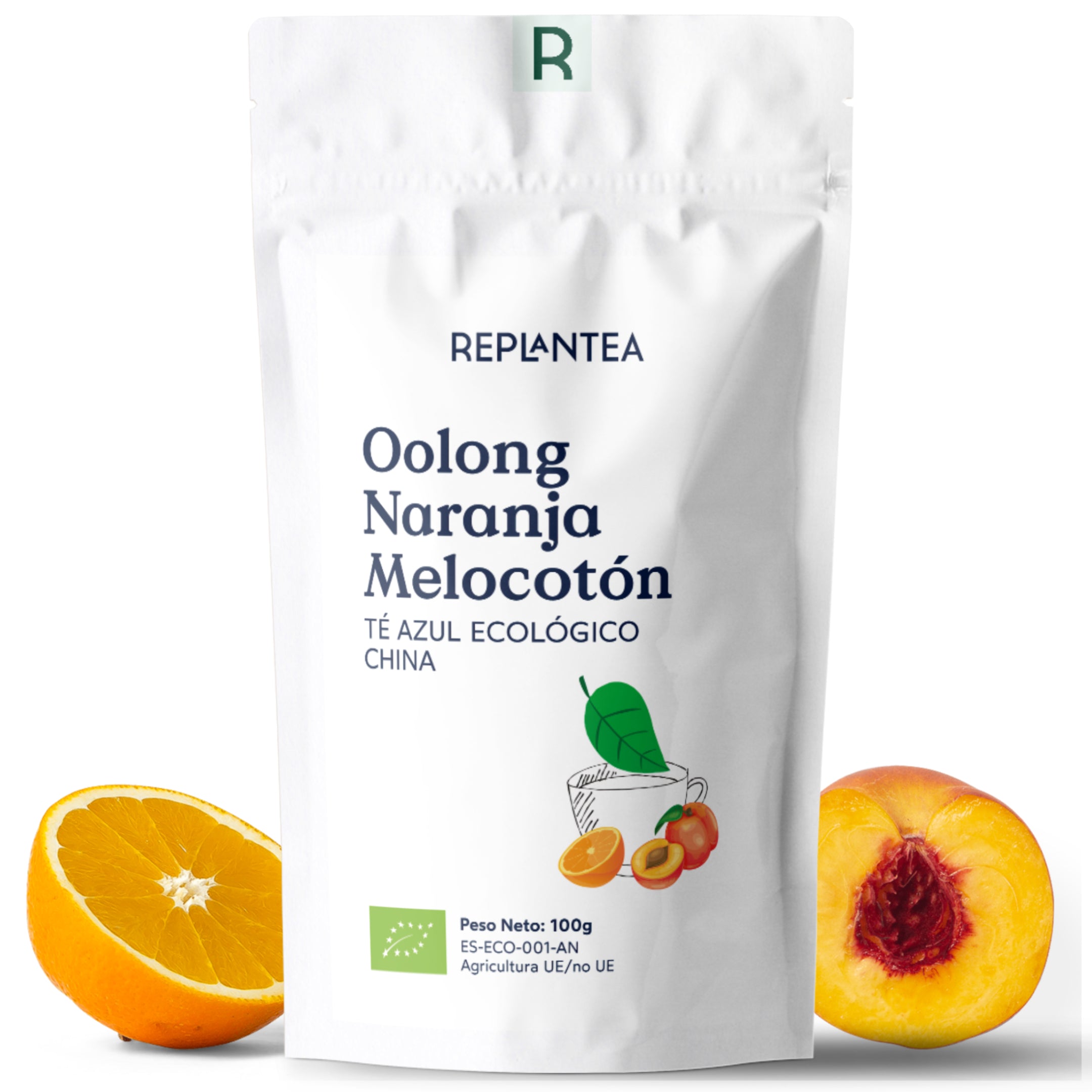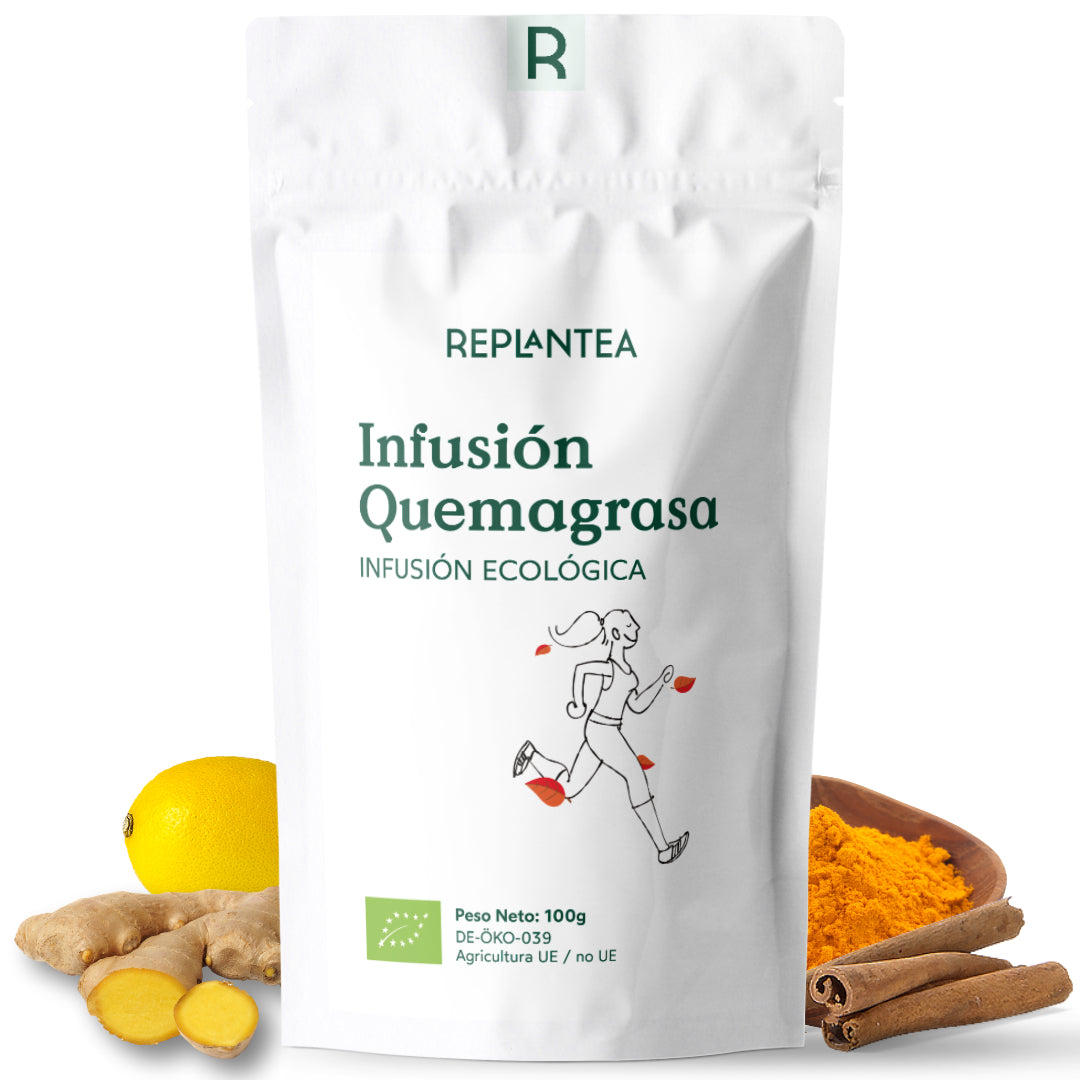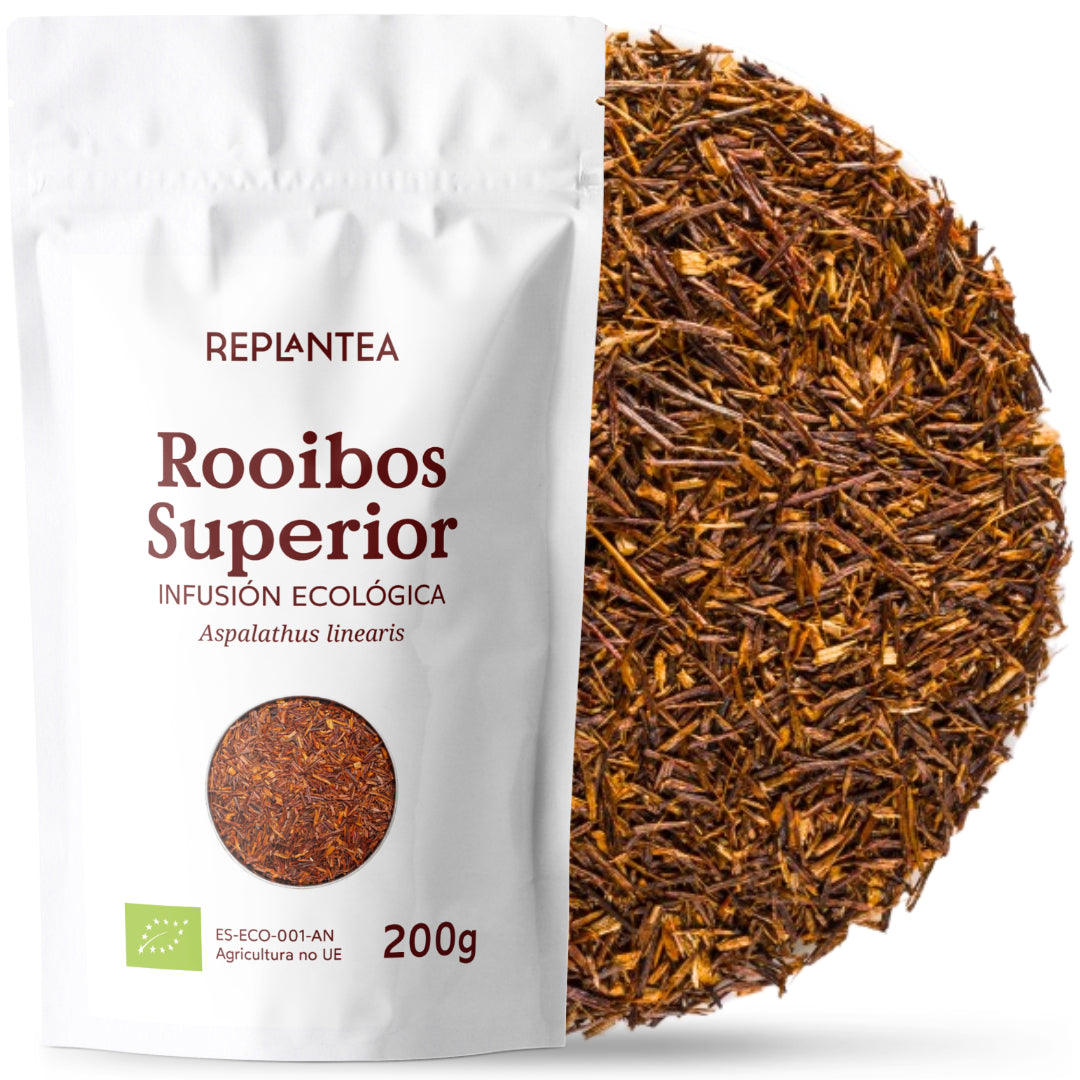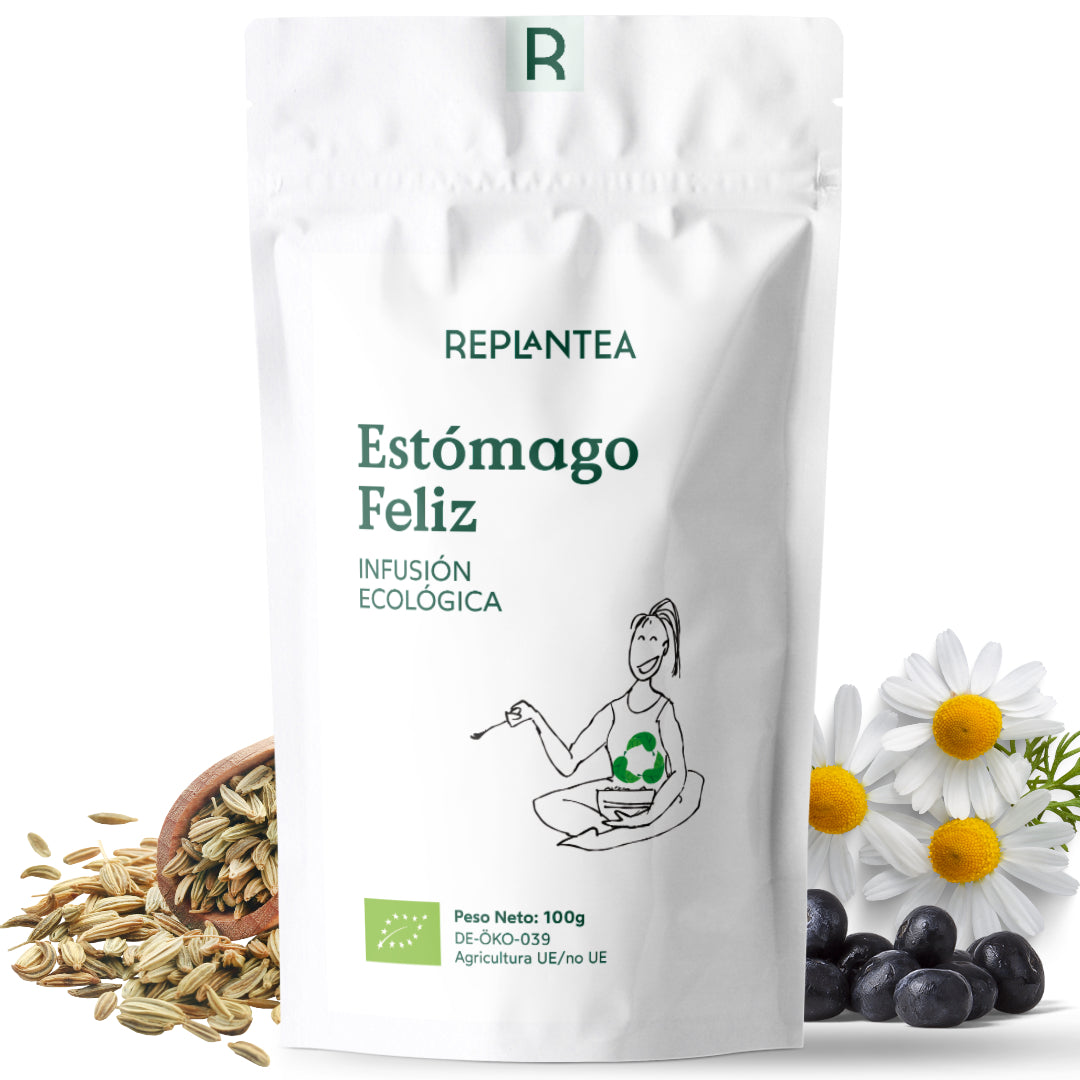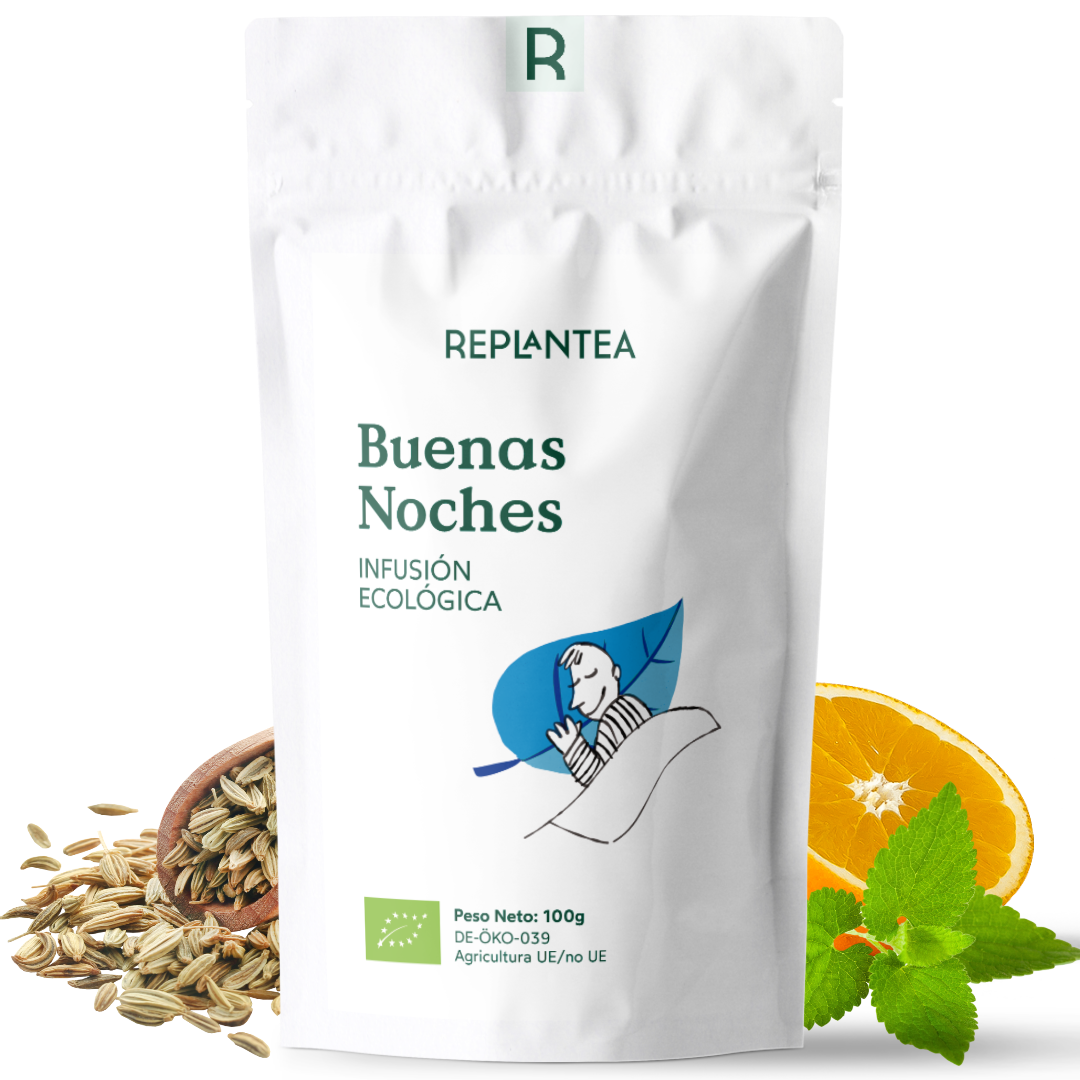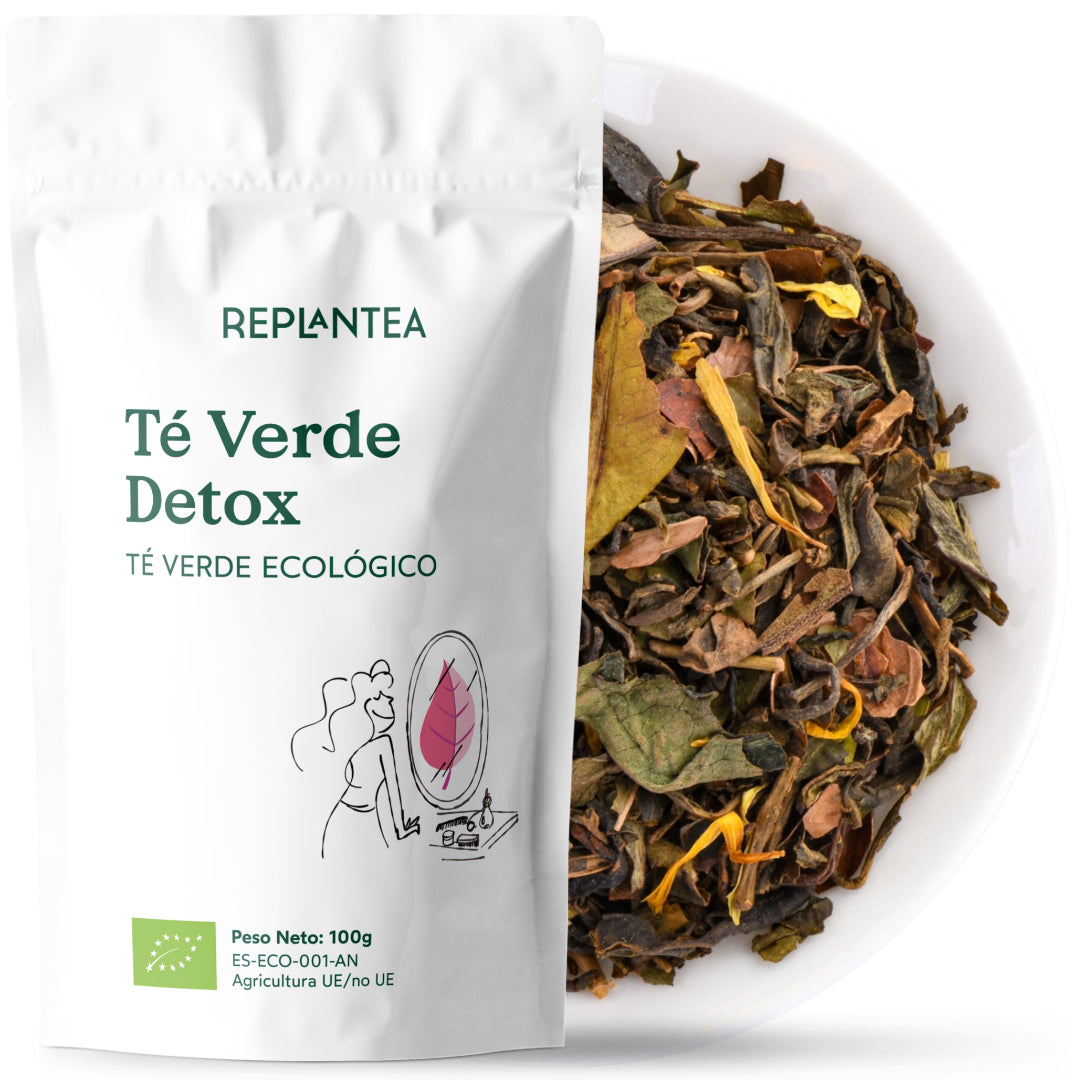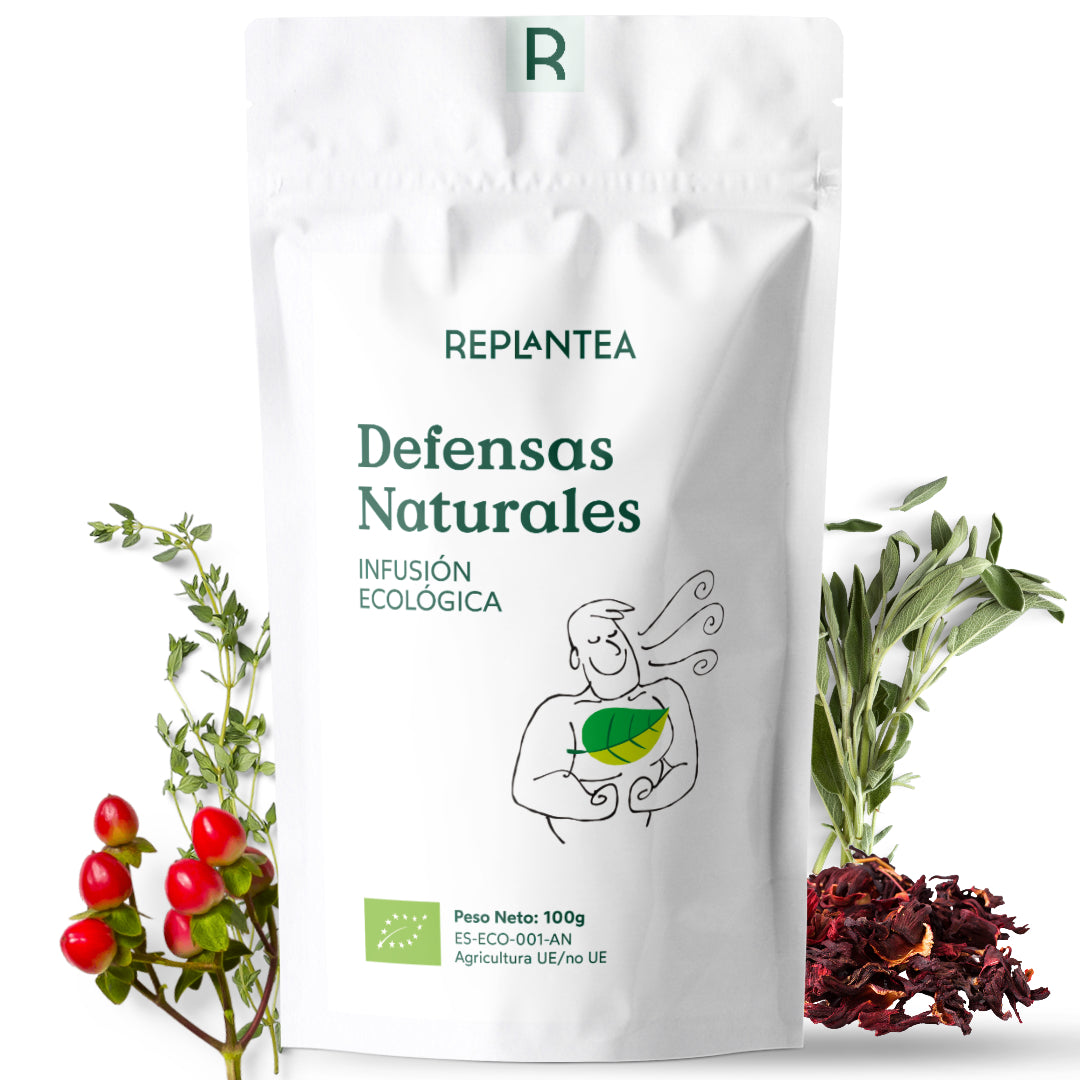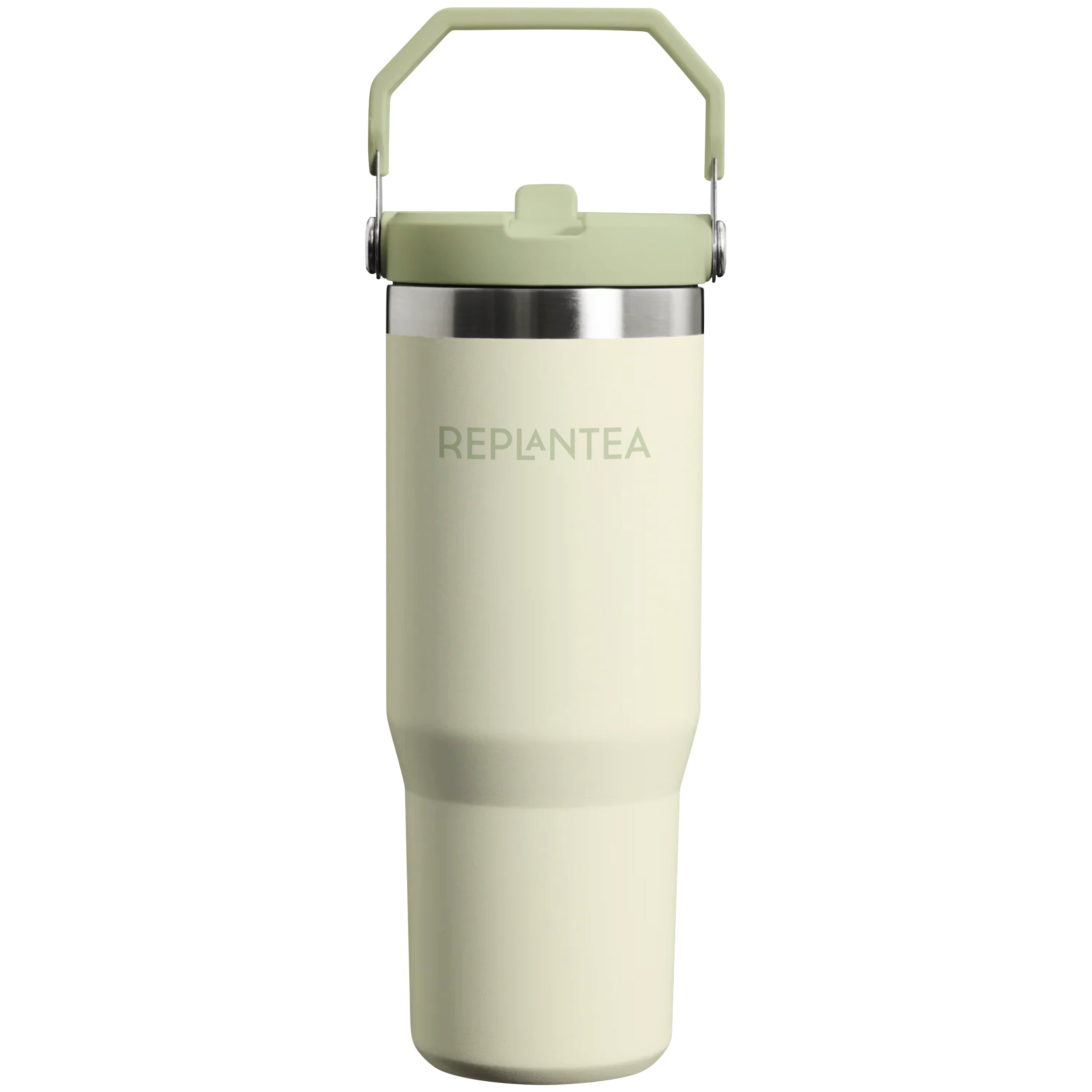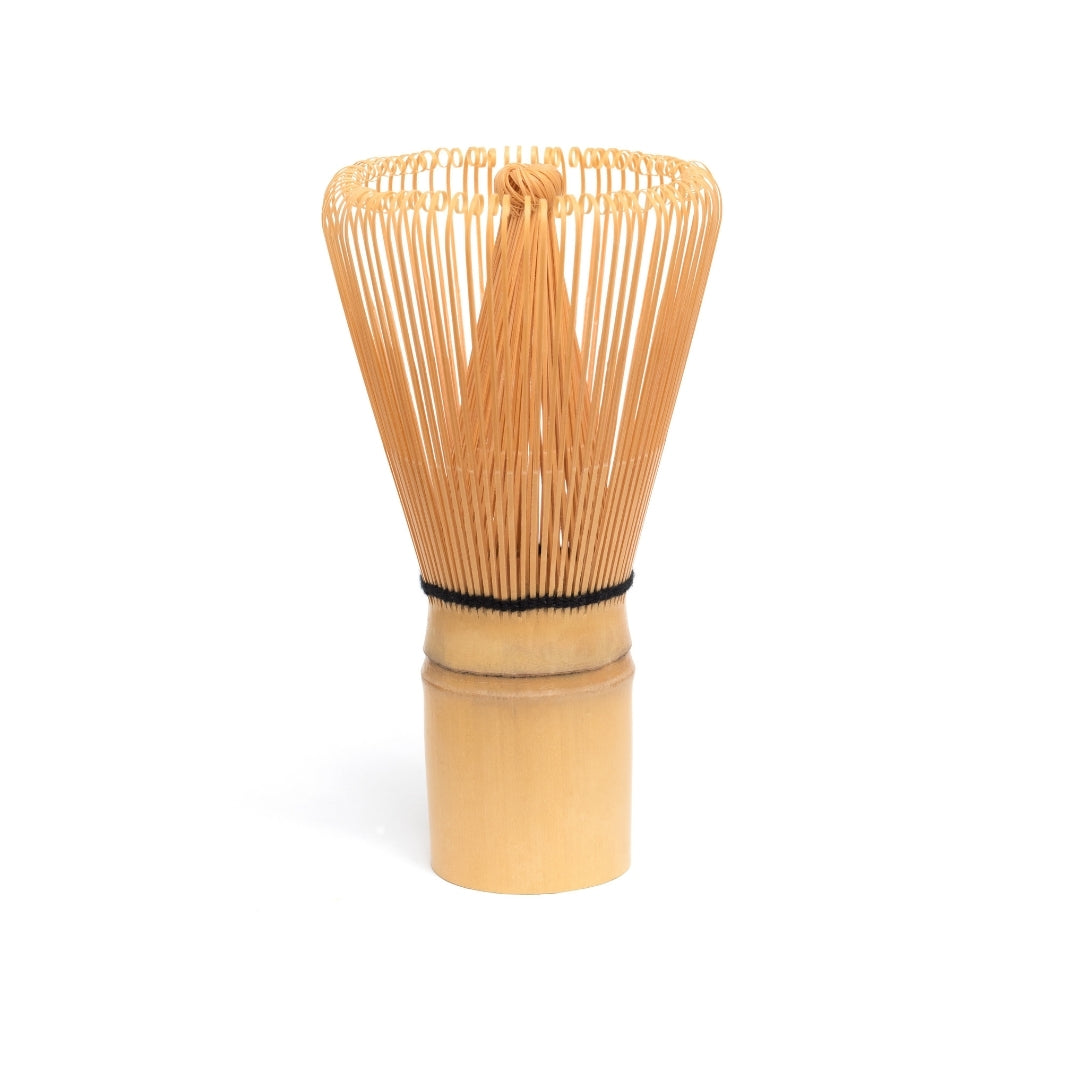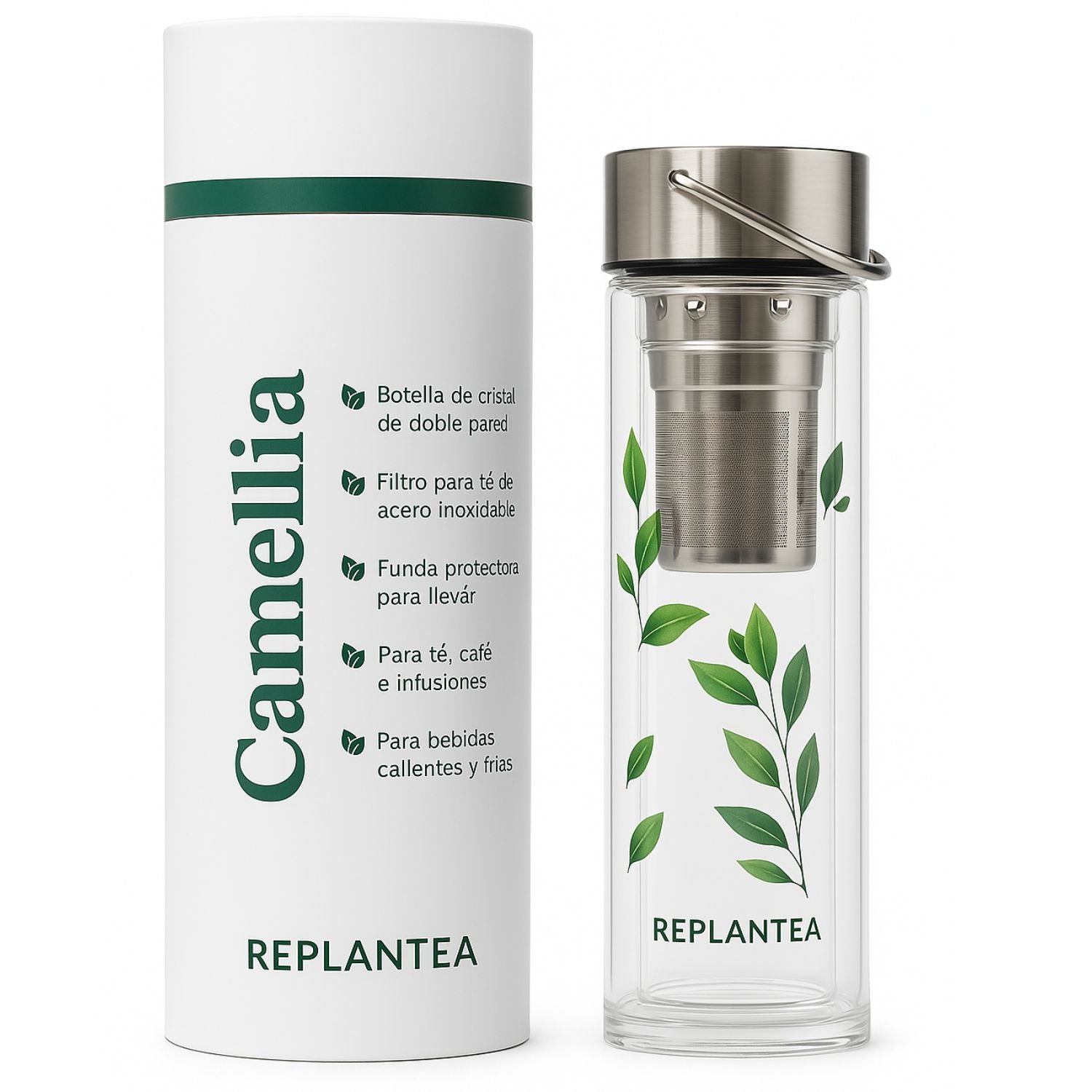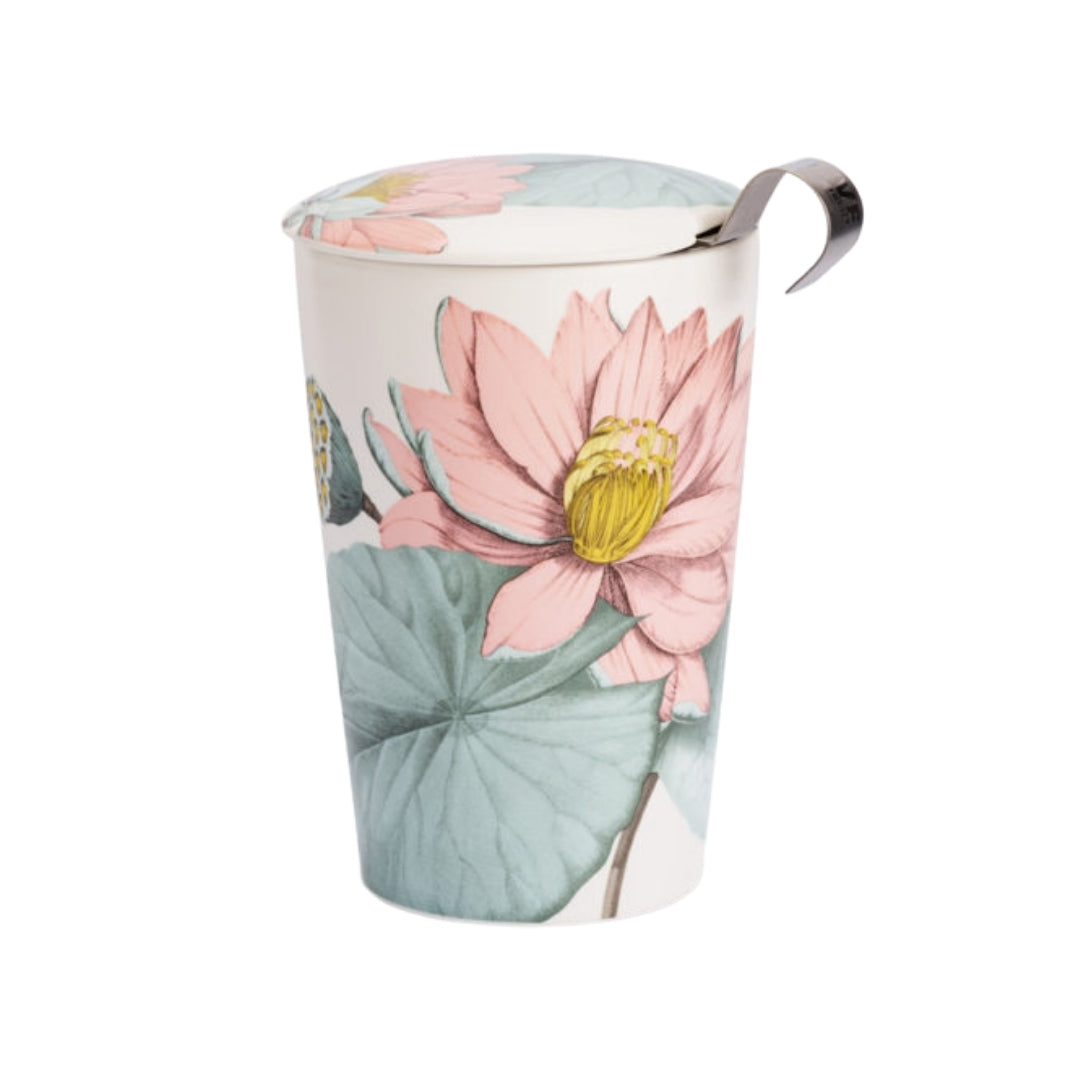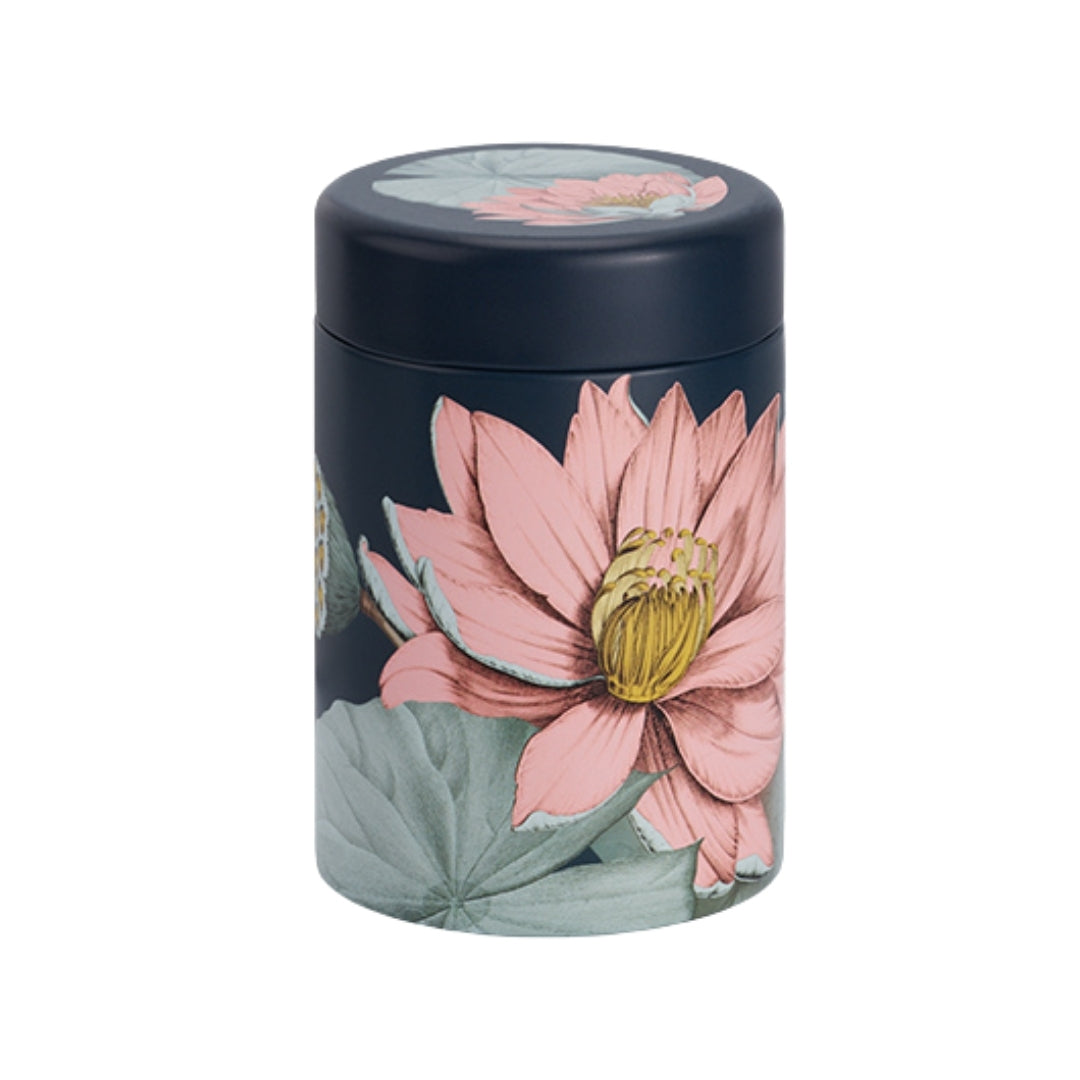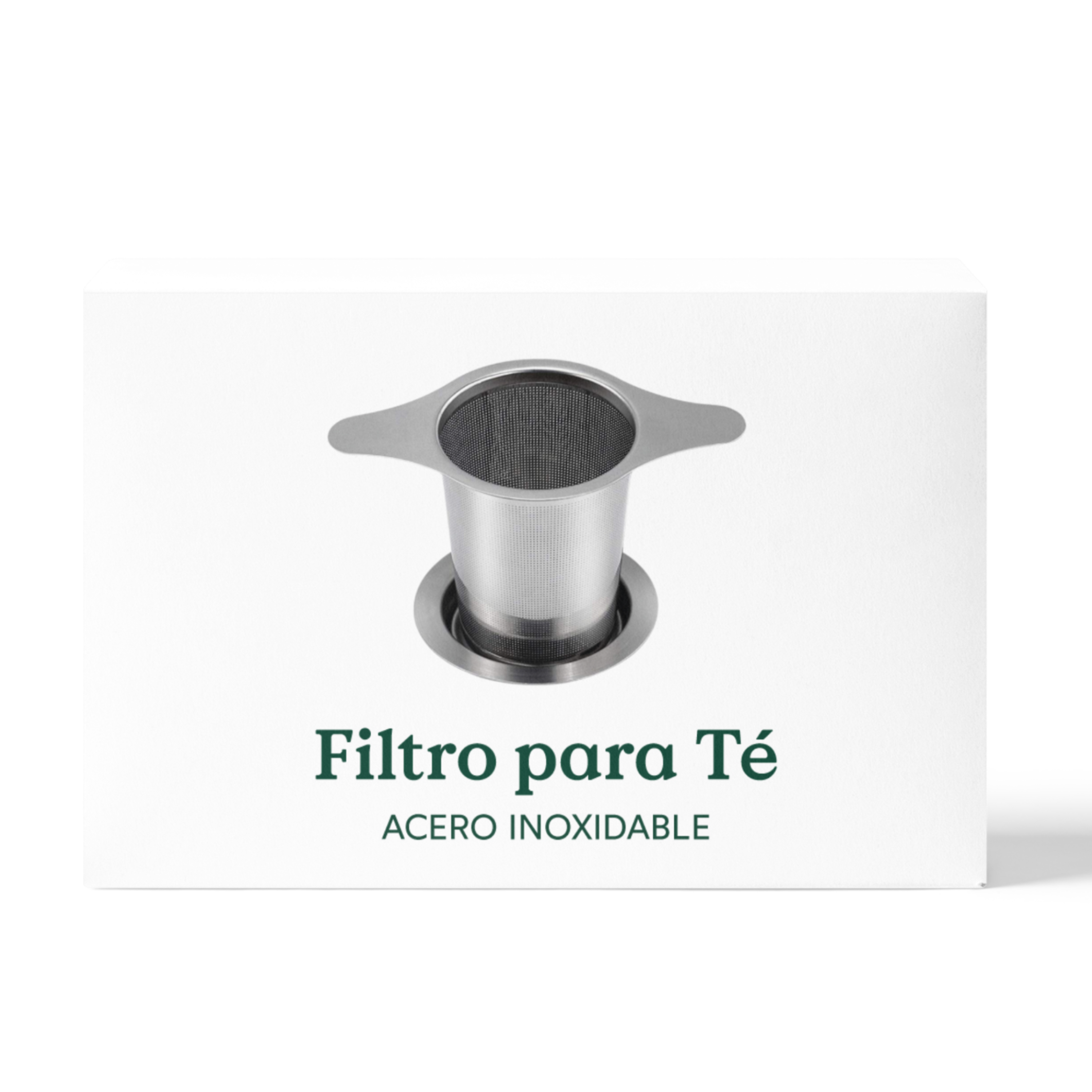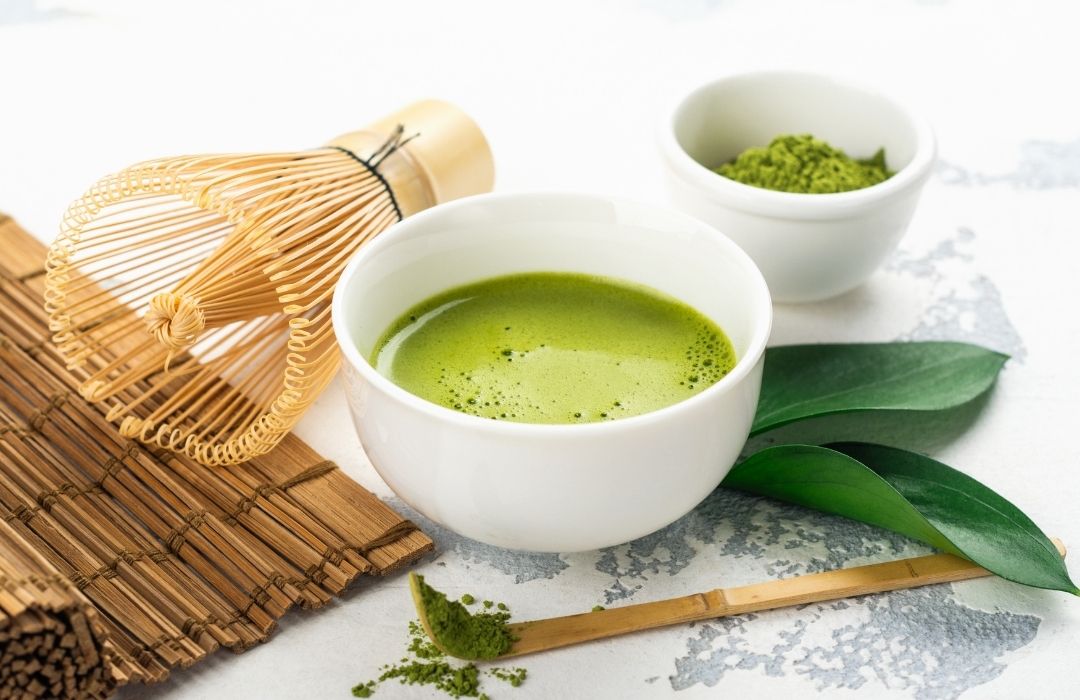
Matcha Tea Guide: Benefits, Grades, Accessories
What is matcha tea | Matcha tea grades | Benefits of matcha tea | How to prepare matcha tea | Where to buy matcha tea
Matcha tea is all the rage; you can find it everywhere. There are matcha tea ice creams, matcha tea muffins and cookies, matcha lattes, and even matcha tea Kit-Kats. This delicious Japanese green tea is here to stay, and science is discovering new health benefits of matcha tea every day.
In this short guide, we'll tell you everything you need to know about matcha tea, its benefits, and some tips for preparing it perfectly.

What is matcha tea?
Matcha tea is a powdered green tea made from the leaves of the Camellia sinensis plant, like the other four major categories of tea: white tea , blue tea or oolong tea , black tea , and red tea or pu erh tea .
This tea originated during the Tang Dynasty in China and has become one of the most popular green teas in Japan and the Western world. It is often consumed with milk as a matcha latte, although the traditional brewing process consists solely of matcha green tea powder and hot water.
Matcha tea is primarily produced in Uji, located southeast of Kyoto, Japan. The tea leaves for producing matcha tea are harvested only once a year, usually in May. The tea plants are covered with large cloths or tarps three to seven weeks before harvest. These shade-grown plants increase the production of chlorophyll and antioxidant compounds . The result is a deep green tea leaf that lends its striking green color to the matcha tea powder.
Different grades of matcha tea
Matcha tea can be classified into three different grades, ranging from the highest quality ceremonial grade to culinary grade . Tea leaves are graded by the part of the plant they are harvested from and their quality after production. The youngest leaves, which come from the top of the tea plant, are considered the highest quality. Once the leaves are steamed, they are graded based on their appearance, such as color, shape, and aroma.
Ceremonial grade matcha
Ceremonial-grade matcha is the highest classification of matcha green tea. This designation certifies that the matcha powder has been made from only the freshest and youngest leaves of the tea plant. It is the most expensive and is often used in the famous Japanese tea ceremony.
Ceremonial grade matcha has a balanced, umami flavor that is more intense than other matcha teas and is sweeter.
Premium Grade Matcha
Premium grade matcha is the second highest quality matcha tea after ceremonial grade. This type of matcha tea is made from the second and third leaves of each tea plant.
This variety is often said to have the greatest health benefits because it is harvested during the second flush of the season. This is the time of year when the leaves have been shown to have the highest concentration of tea catechins .
Culinary Grade Matcha
Culinary-grade matcha is produced using the leaves closest to the base of the tea plant. These leaves are typically the oldest and have been exposed to the elements for the longest period of time. Culinary-grade matcha is less finely ground than other matcha grades and is commonly used in baked goods and ice cream.
Culinary matcha has fewer health benefits than premium or ceremonial matcha. This is because it contains fewer healthy compounds, such as amino acids and antioxidants.
Health benefits of matcha tea
It's no secret that drinking green tea is good for your health . This beverage has been consumed in Asia for centuries for its medicinal properties , and as its consumption has increased in the West, so have scientific studies demonstrating its potential benefits. Matcha tea, due to its special production method, has the highest concentration of chlorophyll and antioxidants , making it the healthiest of all green teas.
RELATED INFORMATION
1. Helps you lose weight faster
Matcha tea is well known for its ability to aid in weight loss. Drinking matcha tea accelerates metabolism and fat burning. This benefit is primarily attributed to the catechin EGCG (epigallocatechin gallate).
Matcha tea contains theine, which also contributes to weight loss. It has been shown that theine also accelerates fat burning by raising body temperature and inducing the conversion of fat stores into energy. Theine also increases energy , which can help you exercise without feeling fatigued.
Finally, matcha tea is calorie-free , making it an ideal choice for replacing sugary energy drinks or soft drinks.
2. Eliminates free radicals
Matcha tea contains the highest amount of antioxidants, which help cleanse the body of free radicals, which cause oxidative damage to our cells. Oxidation occurs naturally in the body and is increased by pollution, a poor diet, or tobacco use.
Free radicals have been linked to a number of degenerative diseases, including heart disease, cancer, and premature aging. The antioxidants in matcha tea help detoxify free radicals from the body and prevent excess oxidation . These antioxidants also help eliminate heavy metals that can cause serious illnesses.
3. Increases relaxation and concentration
Although matcha tea contains caffeine and is stimulating, it is also known to increase relaxation and concentration . Buddhist monks often consume it during spiritual and meditation ceremonies.
The L-theanine found in matcha tea is responsible for these properties, causing the brain to release increased amounts of dopamine and serotonin. These two compounds are known for their ability to improve mood and increase concentration.
4. Protects the heart
Studies have shown that matcha tea can help regulate blood pressure and reduce cholesterol levels, decreasing the risk of heart attacks and other heart diseases.
A meta-analysis published in the American Journal of Epidemiology looked at the effects of green tea on heart disease risk. The results showed that regular green tea drinkers had a 28% lower risk of heart disease compared to people who didn't drink green tea.
Another American study analyzed data from 14 studies, focusing on the relationship between green tea and cholesterol. Researchers found that green tea significantly reduced bad cholesterol (LDL), triglyceride levels, and blood pressure.
5. Strengthens the immune system
Matcha tea contains high levels of minerals and vitamins that promote overall immune health. Matcha tea contains vitamin C, which has long been linked to a healthy immune system. Drinking matcha tea may help protect against viral infections, such as the cold or flu .
RELATED INFORMATION
Matcha Tea Helps You Lose Weight, Increase Energy and Relaxation >>

How to prepare matcha tea?
You can make matcha tea simply by adding powdered tea to hot water, but you'll enjoy the flavor even more if you learn how to prepare it using the traditional method. To prepare matcha tea the way they do in Japan, you'll need the following accessories :
chawan
The chawan is the container used to prepare matcha tea. It's a small, handleless cup very similar to a bowl. The lack of handles allows it to be held with both hands, as it's important for the Japanese to establish a closer connection during the tea drinking process.
Chashaku
The chashaku is a practical utensil that allows you to use the perfect amount of matcha every time. The tool is usually made of a long strand of bamboo, with a slightly curved end. The scoop allows you to scoop out the perfect amount of green tea powder and add the matcha to the chawan.
Chasen
The chasen is the most well-known matcha tea utensil. It's also known as a bamboo whisk. The chasen is made from a single piece of bamboo and features delicate spindles that whisk the matcha into a frothy texture.
You can learn how to make matcha tea by following our matcha tea making guide , where we give you some tips and explain the most common mistakes people make.

RELATED INFORMATION
Where to buy matcha tea?
You can buy matcha tea at specialty tea shops or Japanese specialty stores. We recommend choosing organic matcha tea that contains only green tea powder among its ingredients. This way, you avoid harmful chemicals such as pesticides or fertilizers in the matcha tea.
At Replantea you can buy 100% organic ceremonial-grade matcha tea, all the accessories needed to prepare it traditionally, and matcha starter packs.
Sources
- Ulrike Peters, Charles Poole, Lenore Arab, Does Tea Affect Cardiovascular Disease? A Meta-Analysis, American Journal of Epidemiology , Volume 154, Issue 6, 15 September 2001, Pages 495–503.
- Shinichi Kuriyama, The Relation between Green Tea Consumption and Cardiovascular Disease as Evidenced by Epidemiological Studies, The Journal of Nutrition , Volume 138, Issue 8, August 2008, Pages 1548S–1553S.
- Kovacs, E., Lejeune, M., Nijs, I., & Westerterp-Plantenga, M. (2004). Effects of green tea on weight maintenance after body-weight loss . British Journal of Nutrition, 91 (3), 431-437.
- Persson, I., Persson, K., Hägg, S., & Andersson, R. (2010). Effects of green tea, black tea and Rooibos tea on angiotensin-converting enzyme and nitric oxide in healthy volunteers. Public Health Nutrition, 13 (5), 730-737.
- (2021) Three Weeks Daily Intake of Matcha Green Tea Powder Affects Substrate Oxidation During Moderate-Intensity Exercise in Females, Journal of Dietary Supplements, 18:5, 566-576.
- Name AC, Rao A, Owen GN. L-theanine, a natural constituent in tea, and its effect on mental state. Asia Pac J Clin Nutr. 2008;17 Suppl 1:167-8.
Share

